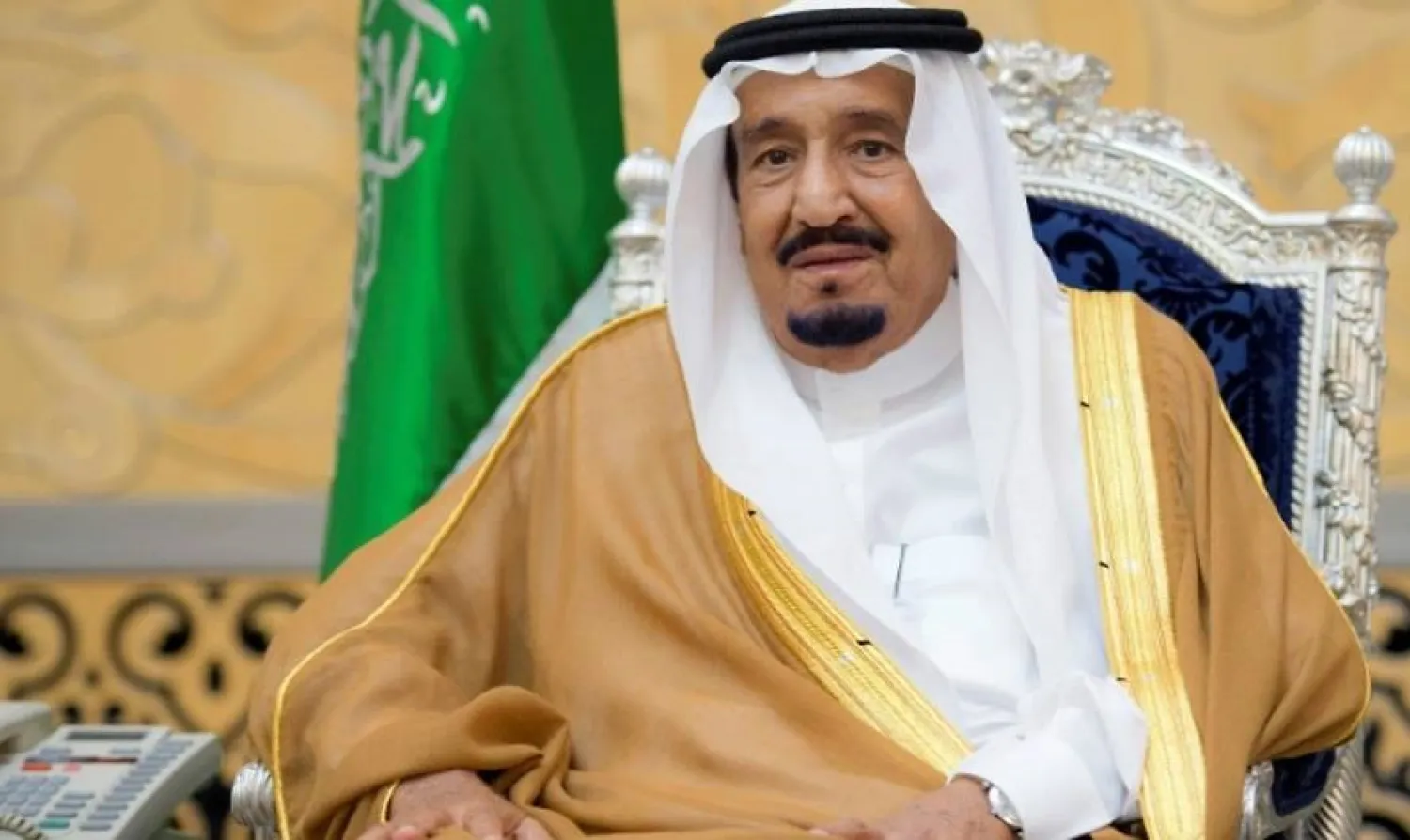Preparations for the upcoming landmark visit by Custodian of the Two Holy Mosques King Salman bin Abdulaziz to Russia are ongoing in Moscow.
“Russian President Vladimir Putin will hold talks on Thursday with King Salman, who will be on a state visit to Russia,” the Kremlin said in a statement on Tuesday.
The Kremlin is planning to discuss Russian-Saudi relations cooperation. Both Putin and King Salman will discuss joint steps to strengthen bilateral cooperation in trade-economic, investment, cultural and humanitarian fields.
Talks are expected to witness extensive exchange of views on international issues, the Kremlin added.
Specific attention will be given to issues evolving in the Middle East and North Africa, with a focus on settling regional conflicts.
Authorities in Russia and Saudi Arabia are showing political will to foster bilateral economic ties, and their potential is yet to be fulfilled, Kremlin Spokesman Dmitry Peskov told reporters on Tuesday.
The presidential spokesman stressed that Russia has long-running ties with Saudi Arabia, which Moscow values. "There are very broad prospects, and the potential is far from being fulfilled. Now both sides are showing political will to contribute to developing business contacts," he said.
Peskov refused to link developing relations with Saudi Arabia to Russian-Iranian ties. "The relations between Moscow and Riyadh are absolutely self-sufficient and in this case there is no need to draw any parallels, this is a separate vector of our foreign policy, given the important role of Saudi Arabia in the region and in the Arab world in general," he said.
Media and research circles in Russia have turned a great deal of attention to King Salman’s visit and anticipated talks with Putin, in view of the important position that Saudi Arabia occupies in the Arab world and among Islamic nations.
Speaking on issues of contrast, Deputy head of the North Africa department at the Russian Foreign Affairs Ministry Oleg Ozerov said that although the two states may differ on many topics in the Middle East, namely the Syrian crisis, Moscow and Riyadh are willing to work through matters of conflict.
When it comes to the larger picture, both Saudi Arabia and Russia are willing to set aside their differences for the greater good, said Ozerov.
Meanwhile, head of the media center for Arab-Russian studies Dr. Majed Al-Turki said that the Russians and Saudis both agree that a peaceful solution for the Syrian crisis is the only way to resolve the conflict.
The official hoped that the upcoming visit would focus on matters of common interest, adding that dwelling on problems without a clear solution would be counterproductive for both countries’ aims to boost relations.
On her part, Russian Gulf Cooperation Council (GCC) affairs expert Elena Melkumian said that issues pertaining to the Syrian and Yemeni crises, the future of the Iraq's Kurdistan region, developments in the Gulf region and the Middle East peace process will be high on the list of discussions between King Salman and Putin.









